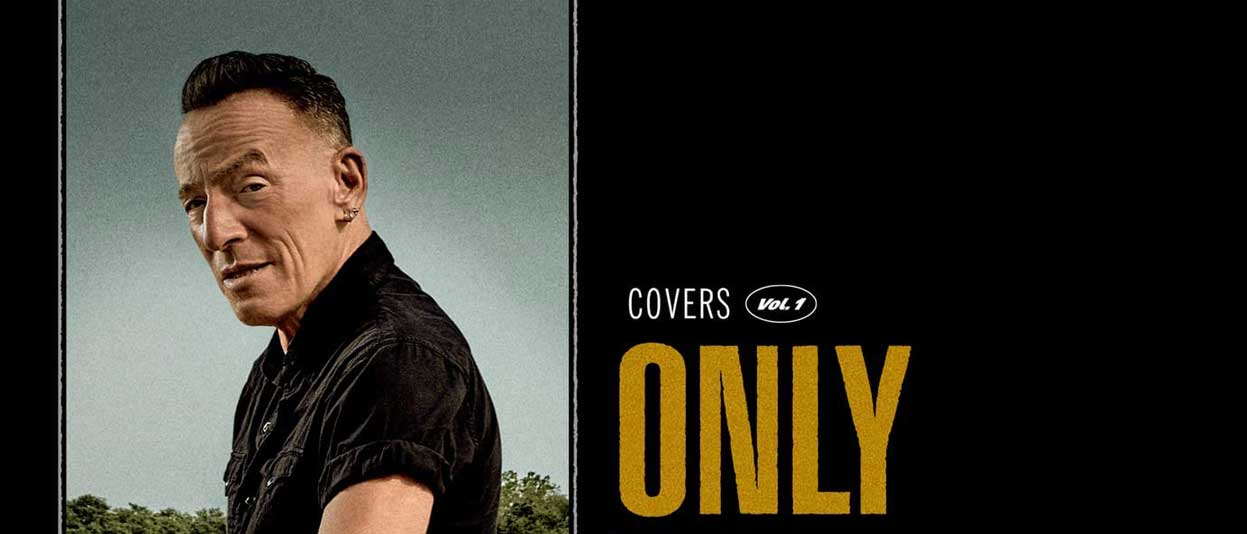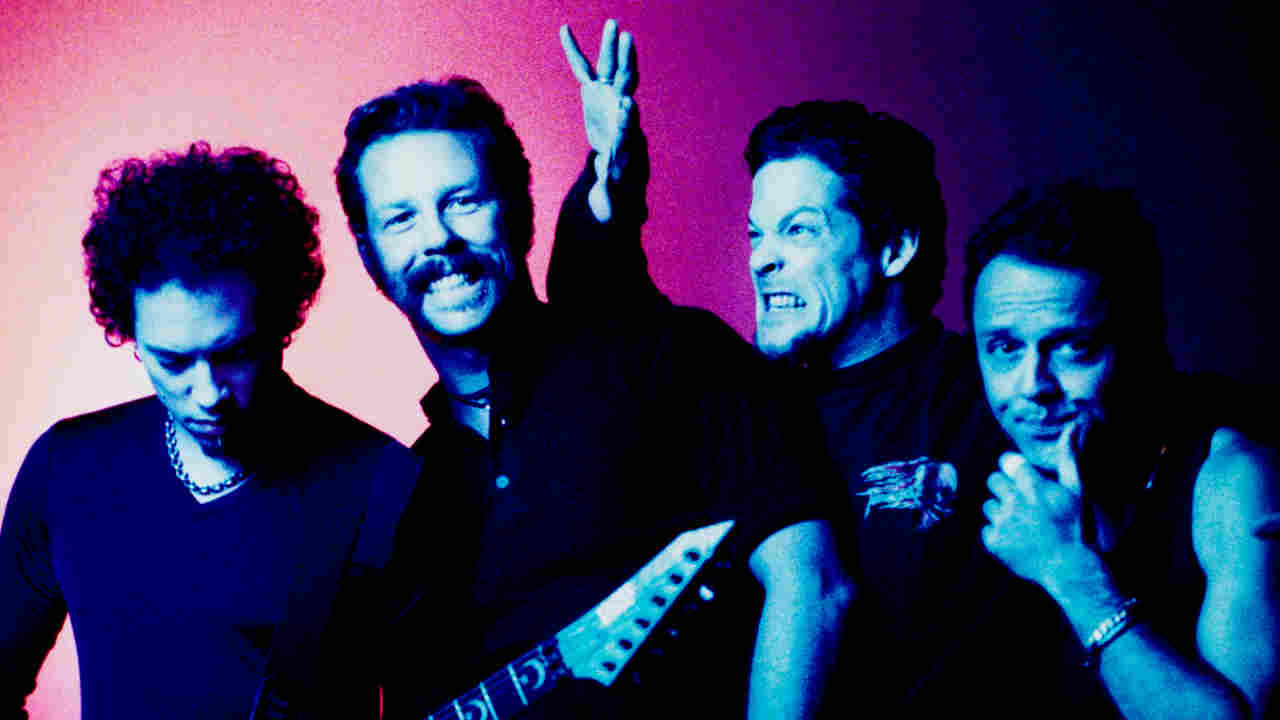You can trust Louder
Bruce Springsteen has said he wanted to do an album where he “just sang”, and to do justice to the great American songbook of the 60s and 70s. The book he’s reading eulogises the soul classicism of Stax, Motown and Gamble-Huff, so this love letter to his youth stands in contrast to his only previous covers album, 2006’s Pete Seeger tribute.
Within the big, serious-faced picture of Bruce’s significant career, it probably counts as a mere divertissement, a fun frolic. That said, it’s feasible its coffee-shop tastefulness could fluke humongous sales in the manner of, say, Rod Stewart’s karaoke sets.
Like most covers collections, it’s hit-and-miss. Obviously Springsteen’s having a great time, and loves the songs. Black music matters. And his musicians, including the E Street Horns and guest vocalist Sam Moore, cut it. But does he bring anything new to these remarkable standards? Only his committed voice, which rises to the undeniable urgency of The Four Tops’ 7 Rooms Of Gloom and Frank Wilson’s northern soul banger Do I Love You (Indeed I Do).
Yet sometimes his boom and gusto upset the delicate poise of a beauty like The Supremes’ Someday We’ll Be Together, which always transmitted its emotion with finely honed understatement and allowed Diana Ross’s quiet, quivering ad libs to hint, not holler, about the hurt. Tackling an Aretha Franklin hit also has risks, and on Don’t Play That Song he wisely avoids competing, but ends up treading water. What Becomes Of The Brokenhearted replicates Jimmy Ruffin’s original, conceding only a slight, respectful leeway for Bruce to decorate over its ending.
More Boss-like proprietorial presence can be found on The Temptations’ I Wish It Would Rain, but even so it shows less strutting flair than The Faces’ 1973 take. Similarly, his glide through The Commodores’ Nightshift is perfectly pleasant but doesn’t match the shuffling guile of Dexys’ deft delivery of the song, which inhabited more than imitated. And what can you do with The Sun Ain’t Gonna Shine Anymore that the Walker Brothers didn’t already?
Again, Springsteen seems unsure whether to stick or twist, to copy with due reverence or to try different inflections because one’s expected to. He finds more traction with the Jerry Butler numbers, loosening his shackles on the title track. There are many less rewarding experiences than hearing Springsteen thirstily sing his favourite songs, but there’s a sense here that all concerned hope it would catch fire and amount to something more.
Sign up below to get the latest from Classic Rock, plus exclusive special offers, direct to your inbox!
Chris Roberts has written about music, films, and art for innumerable outlets. His new book The Velvet Underground is out April 4. He has also published books on Lou Reed, Elton John, the Gothic arts, Talk Talk, Kate Moss, Scarlett Johansson, Abba, Tom Jones and others. Among his interviewees over the years have been David Bowie, Iggy Pop, Patti Smith, Debbie Harry, Bryan Ferry, Al Green, Tom Waits & Lou Reed. Born in North Wales, he lives in London.


